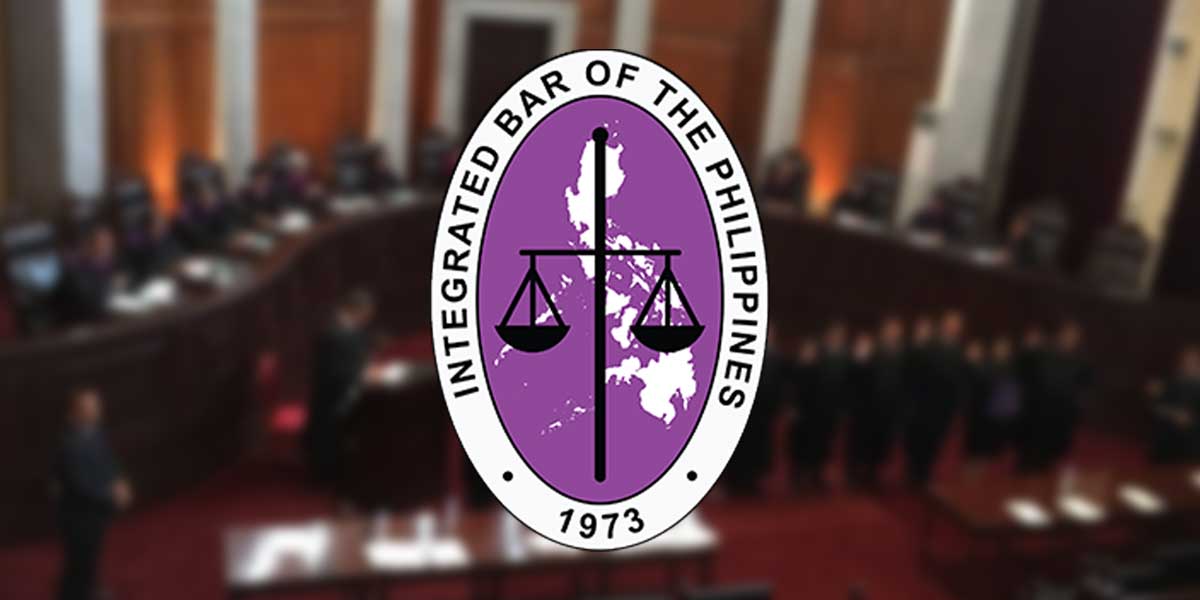By Atty. Eduardo T. Reyes III
In or out of a pandemic, most people hustle to eke out a living.
Oxford Dictionary of English primarily defines “hustle” as “to push roughly” or “jostle”; yet its secondary acquired meaning is “to obtain illegally or by forceful action”. Hustling by and of itself is not a crime. It is rather the means employed that enables hustling to take a criminal dimension.
One of the mundane ways to make money is by entering into a trust receipt agreement. “Section 4 of the Trust Receipts Law defines a trust receipt transaction as any transaction by and between an entruster and an entrustee, where the entruster transfers possession of specific goods, among others, to which he or she has ownership or absolute title thereto, to the entrustee upon the latter’s execution and delivery of a document called a trust receipt. Under the trust receipt, the entrustee binds himself or herself to hold the goods in trust for the entruster, and to sell or otherwise dispose of them, with the obligation to tum over the proceeds of the sale to the entruster to the extent of the amount owed or the terms of the trust receipt. If the goods are not sold or otherwise disposed, the entrustee shall return the goods themselves.” (Tony N. Chua, Jimmy N. Chua, and Ernest T. Jeng v. Secretary of Justice and BDO Unibank, Inc., G.R. No. 214960. June 15, 2022 [Date Uploaded on SC website: 07/21/2022]).
The most common subjects of a trust receipt agreement are valuables like jewelry, watches, or signature bags; or in-demand commodities like medicine, rice, cement, or other construction materials. The owner/ entruster will leave in the hands of the entrustee these goods/ items “in trust” and on the condition that within a specific period, the entrustee must sell the same and remit the proceeds of the sale to the owner/ entruster minus the commission or overprice, or return the goods/ items, if unsold.
The parties are fine until this point. But once the entrustee fails to return either the goods/ items entrusted or the money/s representing the proceeds of the sale, to the entruster, then the trust receipt agreement is deemed violated.
This could be the birth of a crime. “The law punishes the entrustee’s failure to turn over the proceeds of the sale of the goods covered, or to return the goods themselves if not sold. Under Section 13 of the law, such failure shall constitute the crime of Estafa under Article 315, paragraph 1(b) of the RPC.” (Tony N. Chua, Jimmy N. Chua, and Ernest T. Jeng v. Secretary of Justice and BDO Unibank, Inc., Ibid).
Yet what if there are supervening events which are beyond the control of the entrustee? Like a financial crisis, or even the still lingering pandemic? Would any of this excuse the entrustee in failing to comply with the trust receipt agreement?
This was answered in the negative. “The Court emphasizes that the offense of violation of the Trust Receipts Law is malum prohibitum: mere failure to turn over the proceeds of the sale, or to return the goods themselves if not sold, amounts to the violation. Intent to defraud is immaterial”. (Tony N. Chua, Jimmy N. Chua, and Ernest T. Jeng v. Secretary of Justice and BDO Unibank, Inc., Ibid). Thus, good faith and mere intention to return the goods/items are not enough.
Still further, what if the entrustee submits a proposal for a staggered mode of returning the money representing the proceeds of the sale of the goods/ items? Would this amount to a “novation” or a change of terms of the trust receipt agreement as to blunt the ill-effects of the breach and reduce the crime of Estafa into a mere civil liability?
Again, jurisprudence resolved the issue in the negative. “A necessary element of novation is the cancellation of the old obligation by the new one, which may be effected expressly or impliedly. It is never presumed and must be proven as a fact. There is an express novation if the new obligation unequivocally declares that it extinguishes or substitutes the old obligation; on the other hand, there is an implied novation if the old and the new obligations are on every point incompatible with each other. The test of incompatibility is whether the two contracts can stand together, each one having an independent existence. The incompatibility must take place in any of the essential elements of the obligation, such as its object, cause or principal conditions thereof; otherwise, the change would be merely modificatory in nature and insufficient to extinguish the original obligation.”(Tony N. Chua, Jimmy N. Chua, and Ernest T. Jeng v. Secretary of Justice and BDO Unibank, Inc., Ibid).
Also, “It is well settled that novation is never presumed – novatio non praesumitur. As the party alleging novation, the onus of showing clearly and unequivocally that novation had indeed taken place rests on the petitioner.” (Diosa Arrivas v. Manuel Bacotoc, G.R. No. 228704. December 2, 2020).
Thus, to alter the criminal dimension of the breach of the trust receipt agreement, it is recommended that the new agreement must in all respects, and in all angles and points, change the terms and conditions of the original trust receipt agreement as to render it of no legal effect anymore. Only by expressly cancelling the original trust receipt agreement and totally replacing it with a new contract, will Estafa be averted as the old obligation is co-opted by a new form which is only civil in nature.
This too must be done before the criminal information is filed in court. “The novation theory may perhaps apply prior to the filing of the criminal information in court by the state prosecutors because up to that time the original trust relation may be converted by the parties into an ordinary creditor-debtor situation, thereby placing the complainant in estoppel to insist on the original trust. But after the justice authorities have taken cognizance of the crime and instituted action in court, the offended party may no longer divest the prosecution of its power to exact the criminal liability, as distinguished from the civil. The crime being an offense against the state, only the latter can renounce it.” (Rex Sorongon v. People, G.R. No. 230669, June 16, 2021).
Inevitably, it must be stressed that the Trust Receipts Law puts a premium on “trust”- which is sadly on short supply nowadays.
Whether it is in business or in one’s personal dealings, the value of trust must always be factored in, in one’s daily life.
(The author is the senior partner of ET Reyes III & Associates- a law firm based in Iloilo City. He is a litigation attorney, a law professor and a book author. His website is etriiilaw.com).























